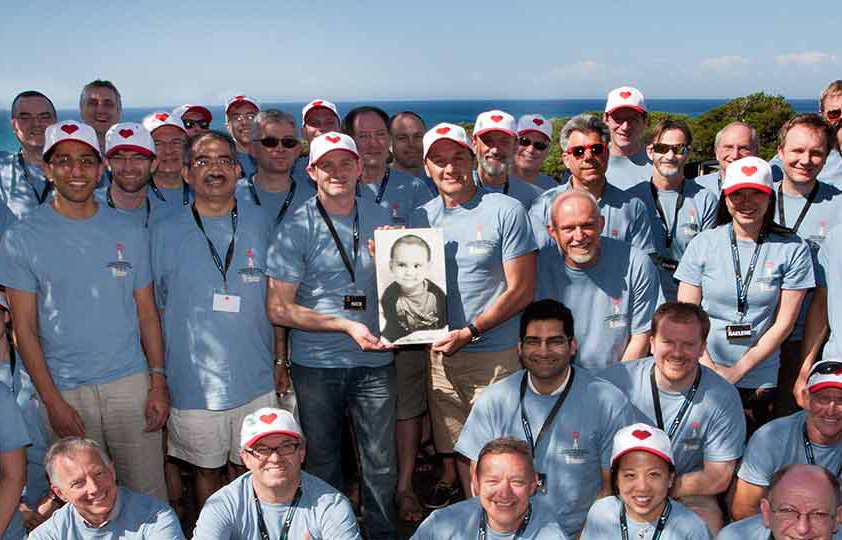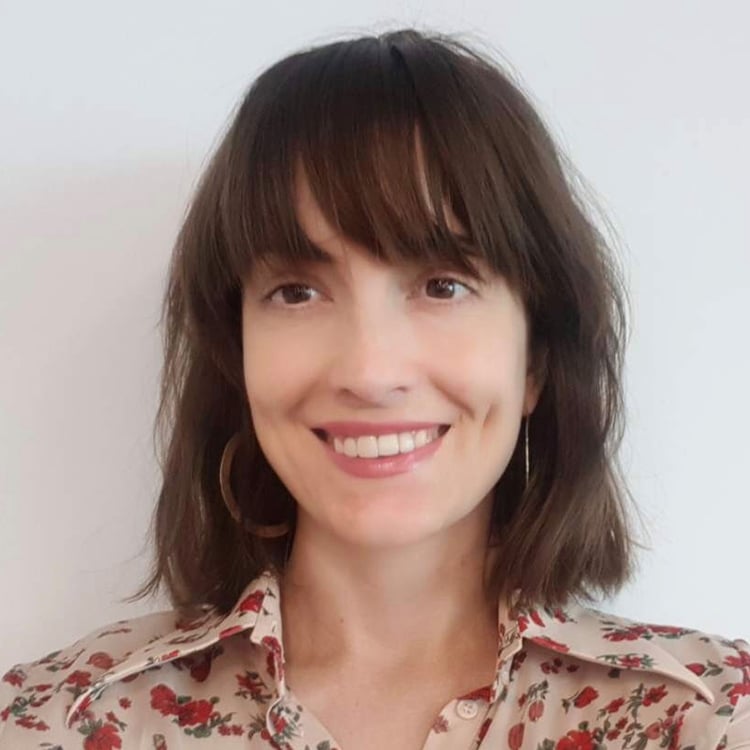Search
Showing results for "8"
Wall teichoic acid may be important for protecting S. aureus against exposure to bile
Somatosensory modalities, such as touch, proprioception and haptic ability, greatly influence the achievement of developmental milestones for children.
The ThromboGenomics platform thus provides an affordable DNA-based test to diagnose patients suspected of having a known inherited BPD
In this letter, the authors respond to the commentary on Chong et al. “How many infants are temperamentally difficult?”; by correcting errors, & then...
This publication demonstrated considerable differences in the measurement of 25-hydroxyvitamin D concentrations compared with a certified laboratory, even...
Lesbian, gay, bisexual and transgender parents are often reluctant to disclose their sexual orientation to health professionals for fear of discrimination...
A novel 18 amino acid peptide PYC98 was demonstrated to inhibit JNK1 activity toward c-Jun.

We rely on our fundraisers enormously. Not only are they out there raising money to help fund our research into children’s health, they’re raising awareness within the community about the broad scope of work we do. They are helping to create hope for children and their families. Want to get involved?

Head, Early Neurodevelopment & Mental Health; Healthway WA Senior Research Fellow

Perth’s The Kids Research Institute Australia has praised the Food Safety Ministers of Australia and New Zealand for standing firm and putting children first by approving the recommended red, black and white mandatory warning label on alcohol products.
